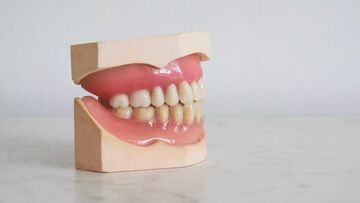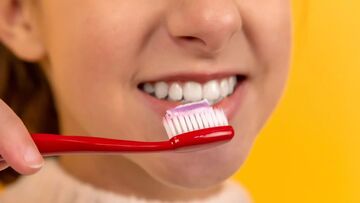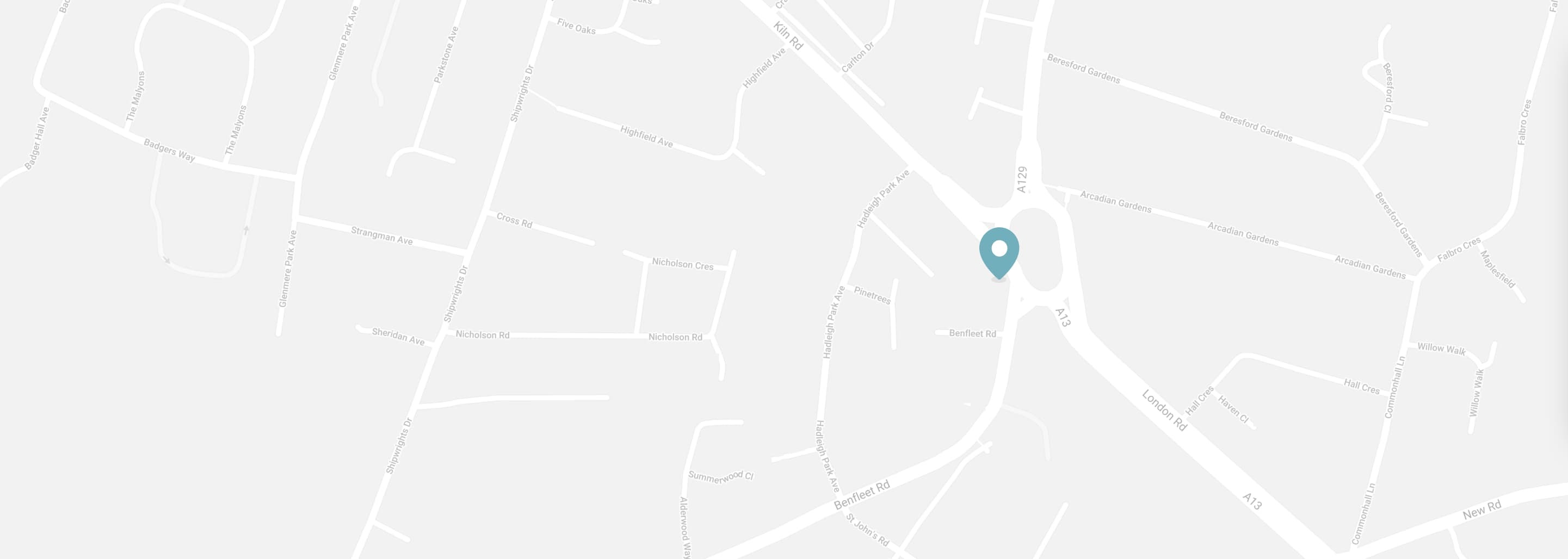Tips on How to Cure Bad Breath

Bad breath, otherwise known as halitosis, is a very common problem. Everyone struggles with bad breath from time to time, and this could be down to recent diet choices, or an underlying health issue. One in four adults suffer from bad breath, so don’t worry if you’re one of them.
Bad breath can cause embarrassment in social situations and can lead to people becoming anxious and paranoid. In some cases, you might not be aware there is a problem, but it will be very obvious to those around you. Once you become aware of the issue, you can quickly take steps to address it.
If you’re struggling with bad breath, read on to learn how you can tackle this problem head-on.

What causes bad breath?
Bad breath is commonly caused by poor dental hygiene, so a few small changes to your oral health routine can quickly fix the problem. If you aren’t brushing your teeth properly, food debris, plaque and tartar can build up on your teeth. This provides a breeding ground for bad-smelling bacteria. A visit to your dental hygienist will often help.
Short-term bad breath can be caused by your food choices. Items like onions, garlic, cheese and coffee can all cause short-term bad breath, as can the build-up of decaying food on the surface of your tongue and teeth.

How to tackle bad breath
If you’re struggling with stinky breath, try these tips to help keep your breath fresh:
Brush your teeth twice a day using a fluoride toothpaste. Correct and regular brushing is crucial to keeping your breath smelling fresh.
Brush or scrape your tongue. Brushing your tongue can remove bad-smelling bacteria at the back of the mouth.
Floss your teeth. Brushing alone only cleans up to about 60% of the surface of your teeth. Flossing removes food trapped between teeth, which would otherwise turn stale and smelly. If you struggle to use floss, interdental brushes are also highly effective for removing debris from between your teeth.
Use an antibacterial mouthwash. The best time to use mouthwash is just before bedtime. There are many different types of mouthwash. Most are alcohol-based. Alcohol can dry out or irritate your mouth, so if you have problems, switch to an alcohol-free brand that contains chlorhexidine or hydrogen peroxide.
Use sugar-free gum. The chewing stimulates saliva and stops your mouth drying out. A dry mouth can lead to bad breath. But gum is not a substitute for proper oral hygiene. Always clean your teeth thoroughly, even if you’ve chewed gum. Chewing gum can be used as a short-term fix after eating smelly foods like onions or garlic.
Have a check-up with your dentist at least once a year. It’s a chance to have a deep clean of your teeth and review your oral hygiene practices. You’ll also get a definitive answer on whether you’ve got bad breath.
Quit smoking. If you smoke, your breath is likely to smell of stale smoke. Smoking cigarettes also increases your risk of getting gum disease, which is another cause of bad breath.

What if you still can’t get rid of bad breath?
If you have persistent bad breath, try keeping a diary of all foods you eat, and make a list of any medicines you’re taking. Take this diary to your dentist and they may be able to suggest ways to solve the problem. It is important to bear in mind that bad breath can also be caused by medical conditions, such as diabetes, gastritis, dry mouth, and liver and kidney problems.
At Benfleet Dental Centre, we offer a range of hygiene services that will help you to overcome bad breath. Regular Airflow Stain Removal could help you achieve fresh breath at last.
Call us on 01702 557766 or email us on [email protected]
Contact us to make an appointment

Related news from the practice

5 Foods That Stain Your Teeth
14/11/2023

How long will a dental implant last?
07/04/2023

Top 5 Dental Myths Busted!!
01/10/2022

Ensure Your Smile is Picture Perfect
09/07/2022

Visit the practice
Benfleet Dental Centre
8 Benfleet Road, Benfleet. SS7 1QB
Opening times
| Monday | 08:00 - 17:00 |
| Tuesday | 08:00 - 18:30 |
| Wednesday | 08:00 - 17:00 |
| Thursday | 08:00 - 17:00 |
| Friday | 08:00 - 17:00 |
| Saturday | 09:00 - 14:00* |
| *By appointment only |

